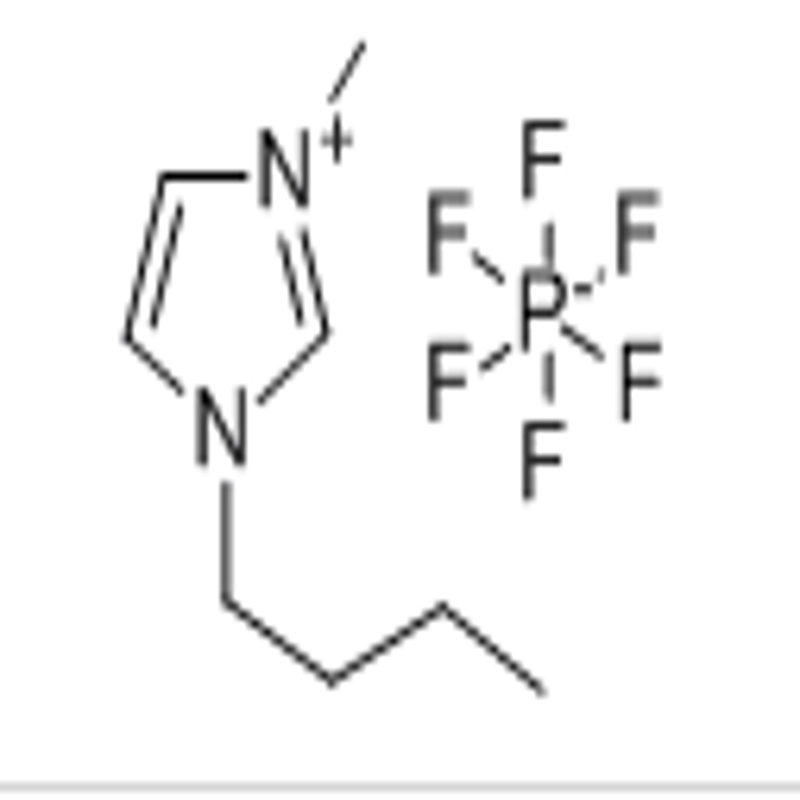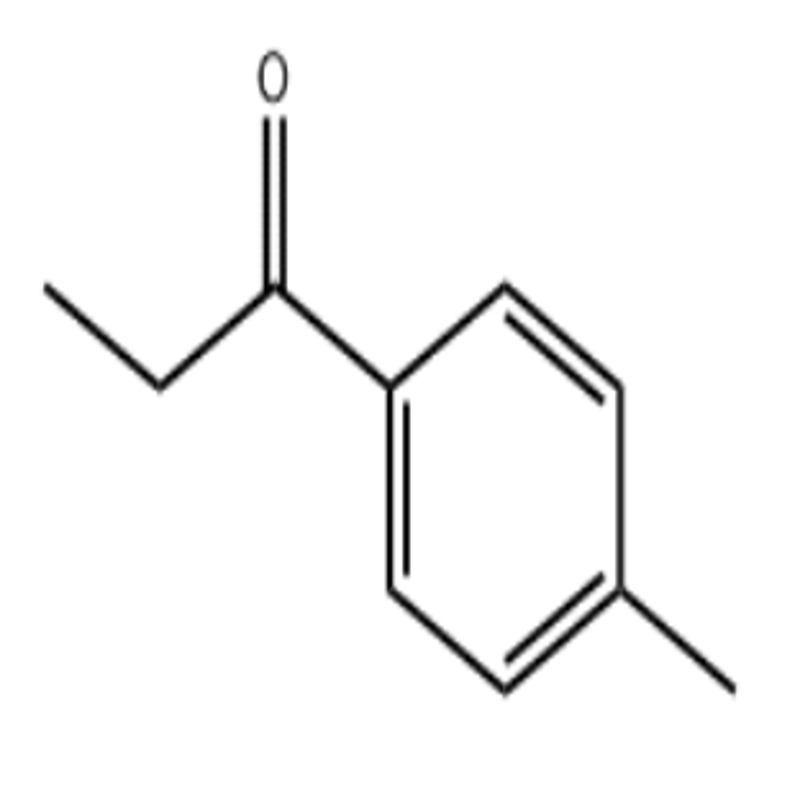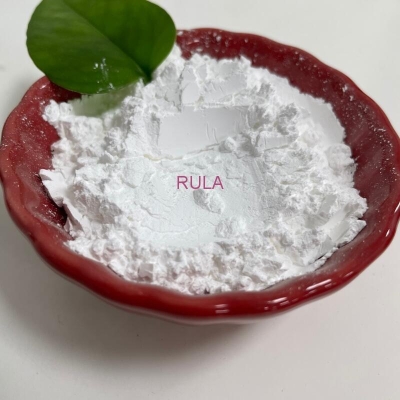-
Categories
-
Pharmaceutical Intermediates
-
Active Pharmaceutical Ingredients
-
Food Additives
- Industrial Coatings
- Agrochemicals
- Dyes and Pigments
- Surfactant
- Flavors and Fragrances
- Chemical Reagents
- Catalyst and Auxiliary
- Natural Products
- Inorganic Chemistry
-
Organic Chemistry
-
Biochemical Engineering
- Analytical Chemistry
- Cosmetic Ingredient
-
Pharmaceutical Intermediates
Promotion
ECHEMI Mall
Wholesale
Weekly Price
Exhibition
News
-
Trade Service
The production process of 6-ethyloctahydro-1H-pyrrolo[3,4-b]pyridine, also known as levodopa or L-dopa, is a complex process that involves several steps and requires specialized equipment and expertise.
Levodopa is a naturally occurring substance that is found in small quantities in certain plants and animals, but it is primarily synthesized industrially through a series of chemical reactions.
The production process of levodopa typically involves the following steps:
- Extraction and purification of the raw materials: The raw materials used in the production of levodopa include chemicals such as 3,4-dihydroxyphenylalanine (L-tyrosine) and ethylamine.
These chemicals are extracted from natural sources or produced through chemical synthesis, and then purified to ensure their purity and quality. - Condensation reaction: In this step, L-tyrosine and ethylamine are reacted in the presence of an acid catalyst to form a substance known as α-aminocaproic acid.
- Reduction reaction: The α-aminocaproic acid produced in the previous step is then reduced using a reducing agent such as hydrogen in the presence of a metal catalyst.
This reaction results in the formation of 3,4-dihydroxy-α-aminomethylbenzene, also known as DOPA. - Nitration reaction: DOPA is then treated with nitric acid and a catalyst to form N-(2,6-dimethylphenyl)acetamide, also known as carbidopa.
- Decarboxylation reaction: Carbidopa is then treated with a base such as sodium hydroxide to remove the carboxylic acid group and form 6-ethyloctahydro-1H-pyrrolo[3,4-b]pyridine, also known as levodopa.
- Purification and isolation: The final product, levodopa, is then purified and isolated through a series of chemical processes, including crystallization, filtration, and chromatography.
The production of levodopa requires specialized equipment and expertise, and is typically carried out in dedicated chemical plants or laboratories.
The process is highly controlled, with strict quality control measures in place to ensure that the final product meets the required specifications.
Levodopa is primarily used as a starting material for the production of dopamine and other synthetic chemicals, and has a wide range of applications in the pharmaceutical, agricultural, and cosmetic industries.
It is also used in research and development, and has potential applications in areas such as nanotechnology and biotechnology.
In conclusion, the production process of 6-ethyloctahydro-1H-pyrrolo[3,4-b]pyridine, or levodopa, is a complex process that involves several steps and requires specialized equipment and expertise.
The final product is widely used in the chemical industry and has a wide range of applications in various fields.







